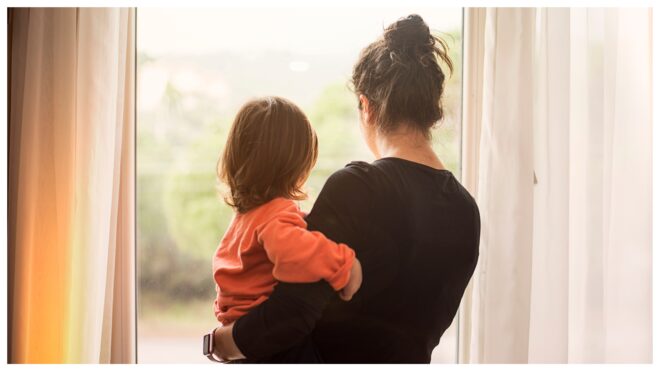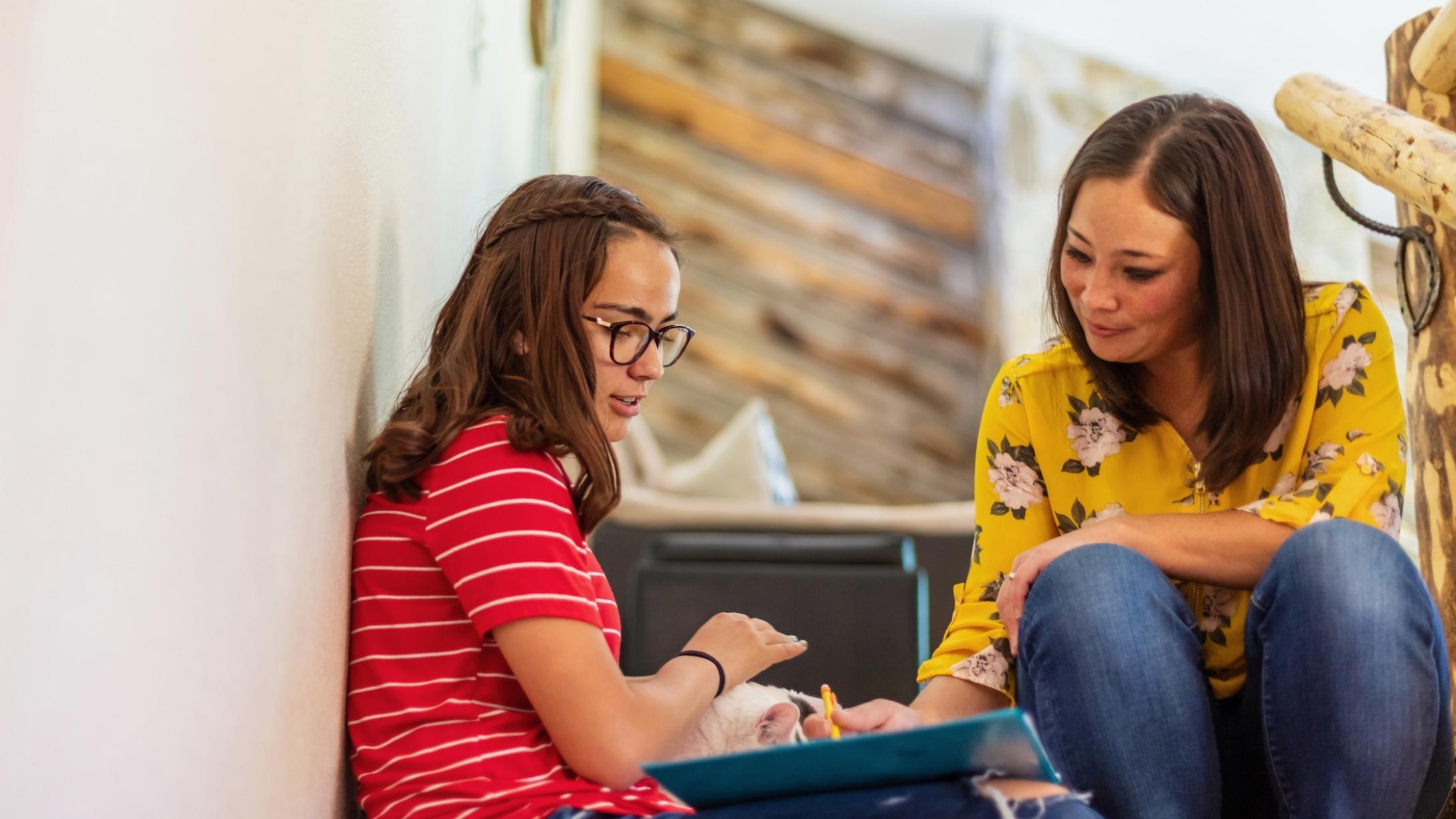
In March 2020, none of us had the faintest idea life as we knew it was going to turn upside down.
It seems like we've been through so much in the last two years. There's a lot to digest and a lot we'll be sifting through in the years to come that happened during this time. If that's how we feel as adults, then you might realize just how hard this whole ordeal has been on our kids.
While kids are known to show excellent resiliency, that doesn't mean they don't take in and process what happens as it happens. Even if your life wasn't affected beyond lockdown and masking, your kids could still be coping with quite a lot. Here's what parents are saying they're experiencing and what adults can do to help.
They're behind on doctor appointments.
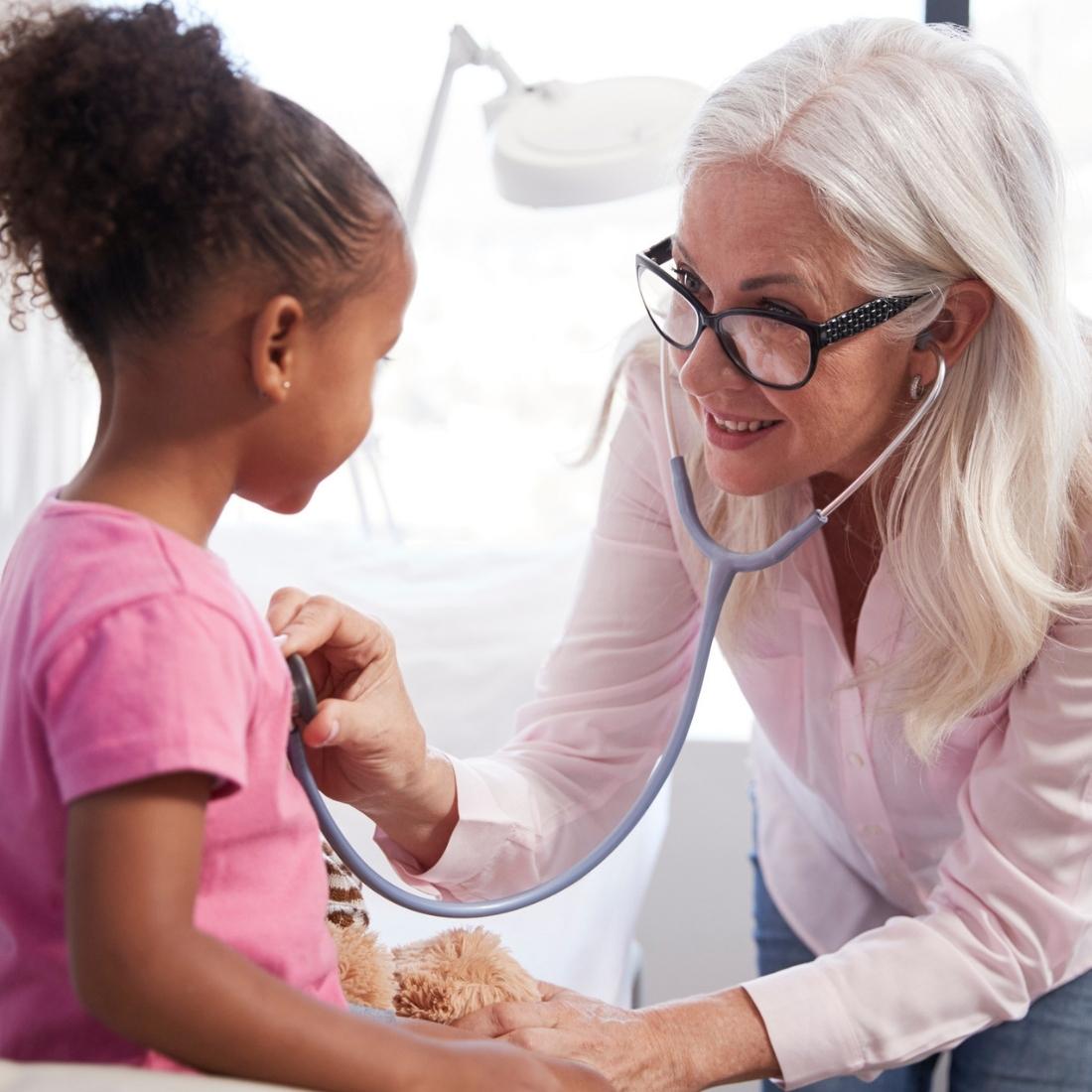
Many people have missed out on a year to two years of your average doctor appointments. While that may not be a huge deal, for kids who are evolving and changing constantly, it is important. Each family has their own feelings about when they'll be comfortable visiting doctor's offices, and that's ultimately a decision each has to come to.
Do what you can to bolster your child's health.
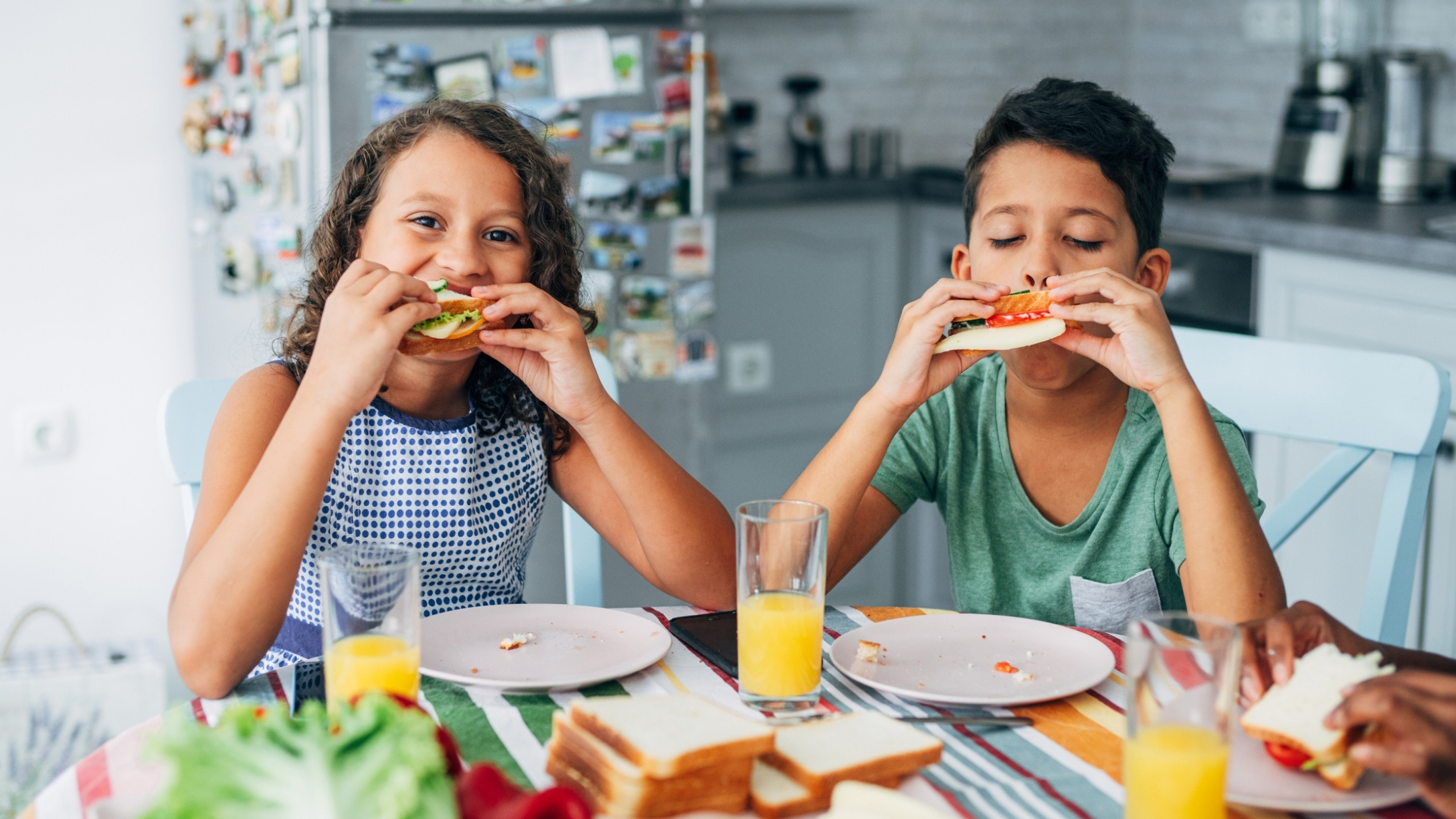
In the meantime, there's a lot you can do to help kids stay healthy. Do all the maintenance work you can. That means eating a balanced diet, getting some exercise, taking vitamins/supplements and necessary medications, and doing what you can to maintain emotional and mental health. It isn't easy, but it's work we're all capable of doing and that kids will learn greatly from incorporating into their day-to-day lives.
They've lost loved ones.
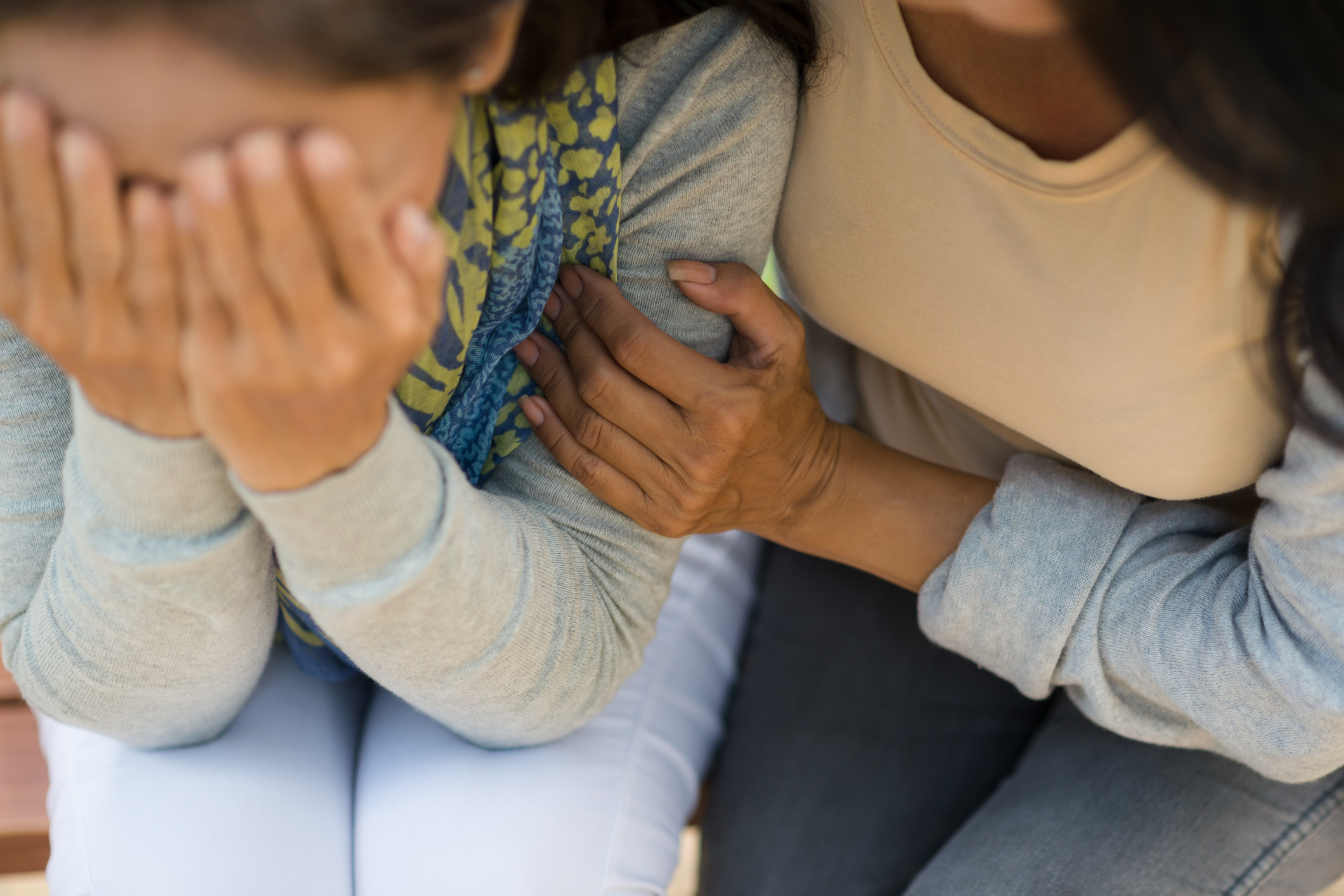
In many families, there are loved ones who are no longer around. In some cases, that's because of death. In others, it's because of the increasing reality that there are divisions in families over issues like the pandemic and politics and the interpersonal issues that have come up as a result of the two.
You can talk openly about the feelings around these issues.
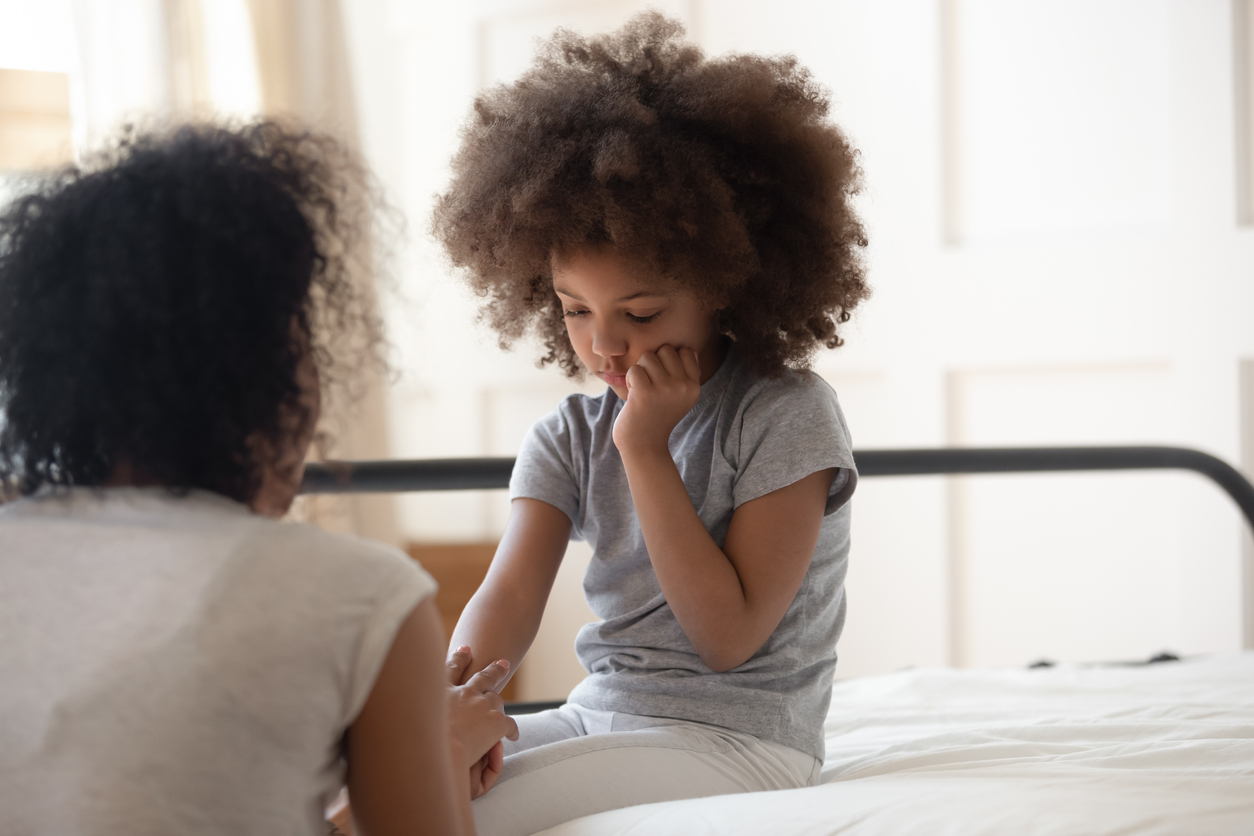
Families have been forced to open up to each other in ways they hadn't before. Today, more families are realizing it's OK for kids to mourn and see mourning as it happens. It's also OK for kids to miss people who aren't around for other reasons, but keeping those feelings bottled up benefits no one in a family.
Kids have missed out on two years of in-action emotional and social growth.
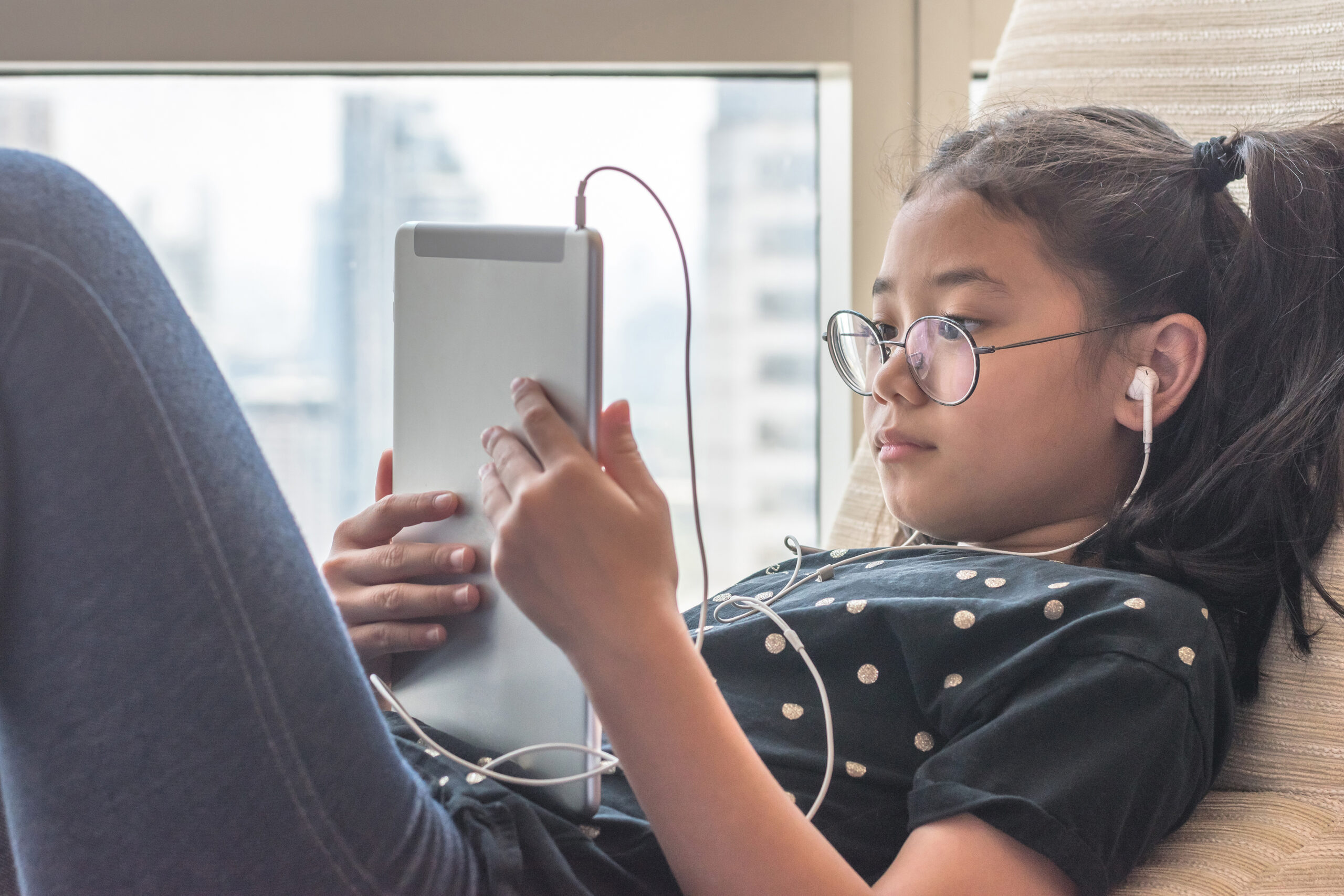
Many kids have interacted with a limited number of people outside their household during the health crisis. While they weren't completely alone, in some cases they lacked age-appropriate peers. In others, they interacted only with siblings where existing dynamics were already at play. Only being in familiar environments may have been a comfort, but it wasn't ideal for these areas of learning.
Find new ways of getting connected.
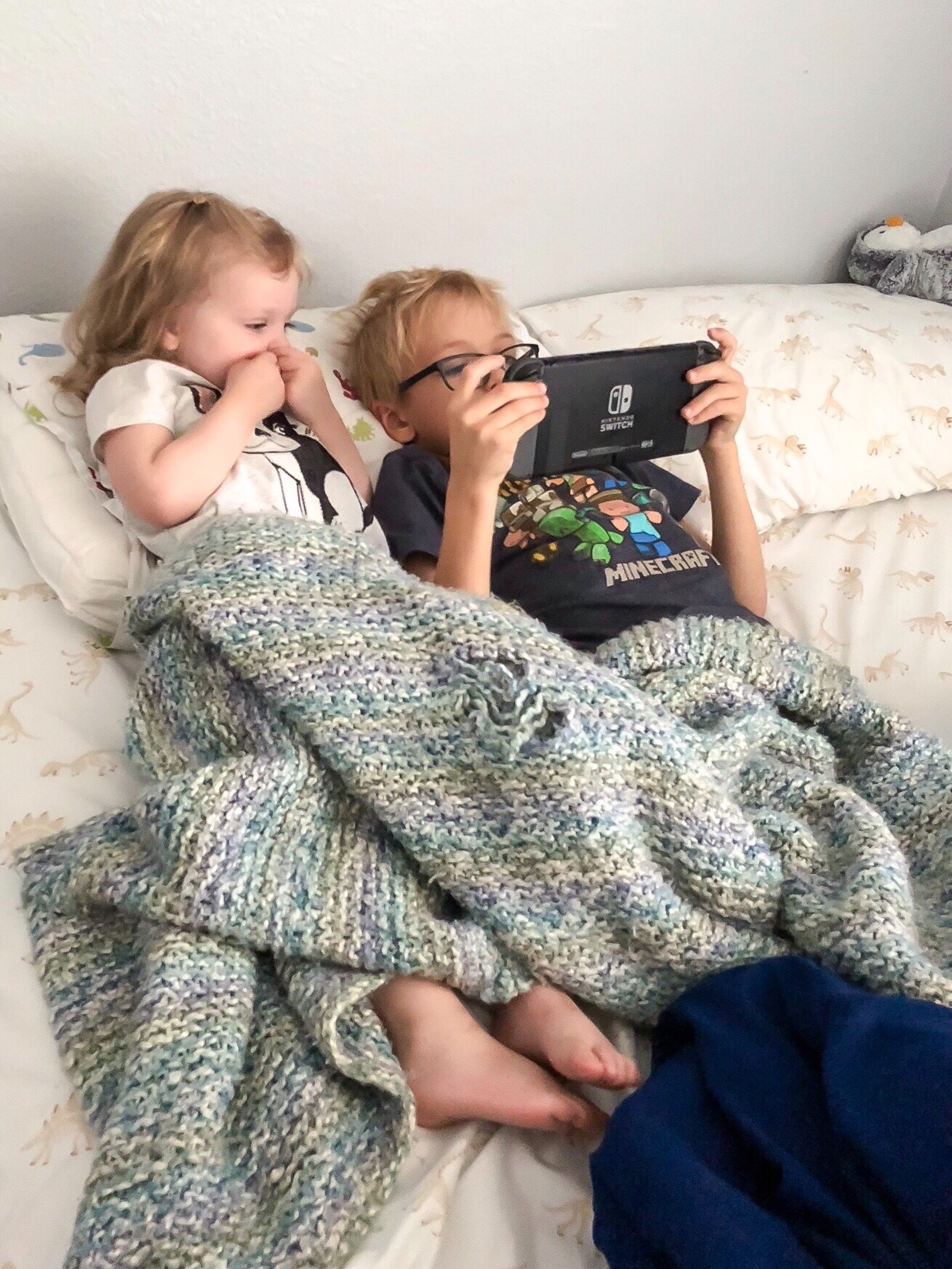
This one can be hard for parents. Finding ways for your kids to connect with other kids safely will look different for many families. If, for yours, this amounts to more screen time, find a way to reconcile with your feelings about that. There's a lot of guilt around device use, but when it's one of our kids' only social outlets, we're faced with making decisions that fit our families and situations.
It's changed their relationship with learning.
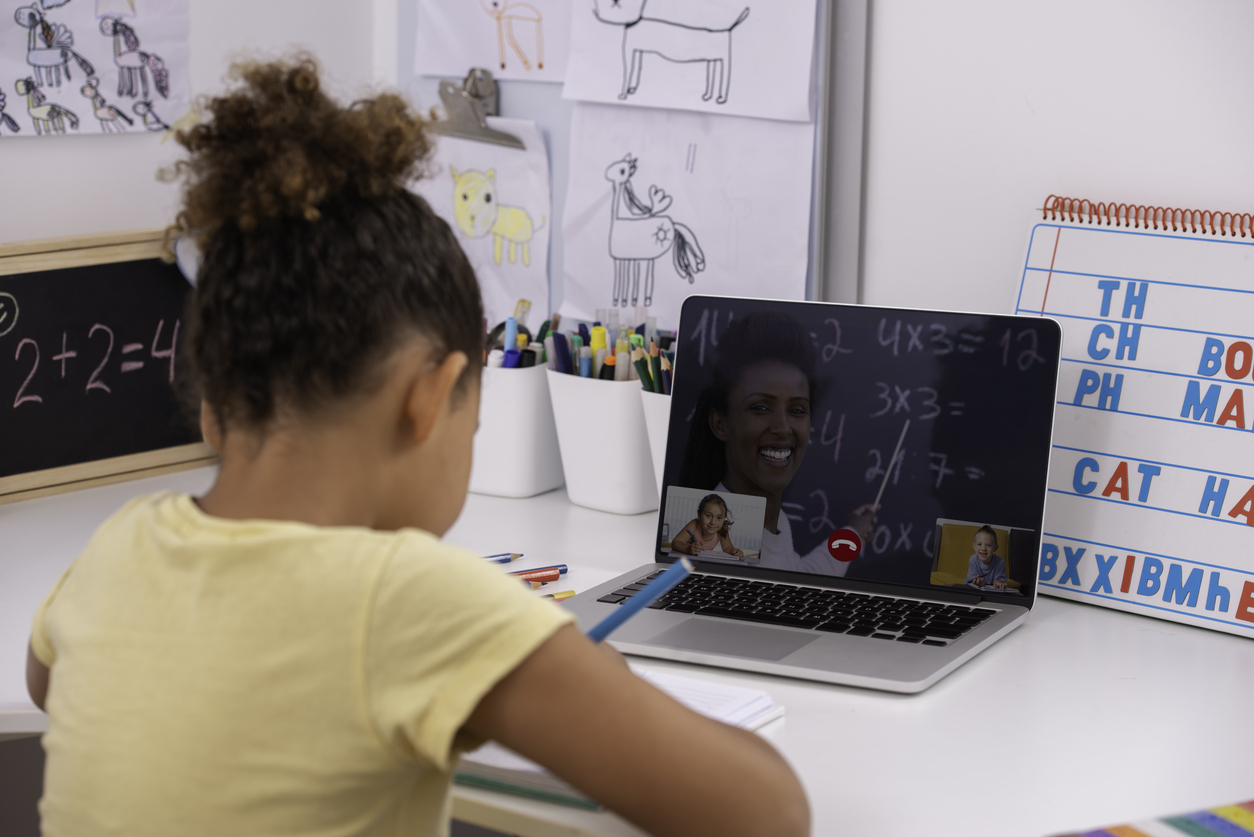
Some kids loved virtual learning. Some kids hated it. Both groups have suffered from the back-and-forth that's happened as a result of the pandemic. Children's entire relationship with learning in at least two grades has been impacted by these shifts.
Make the most out of everyday learning.
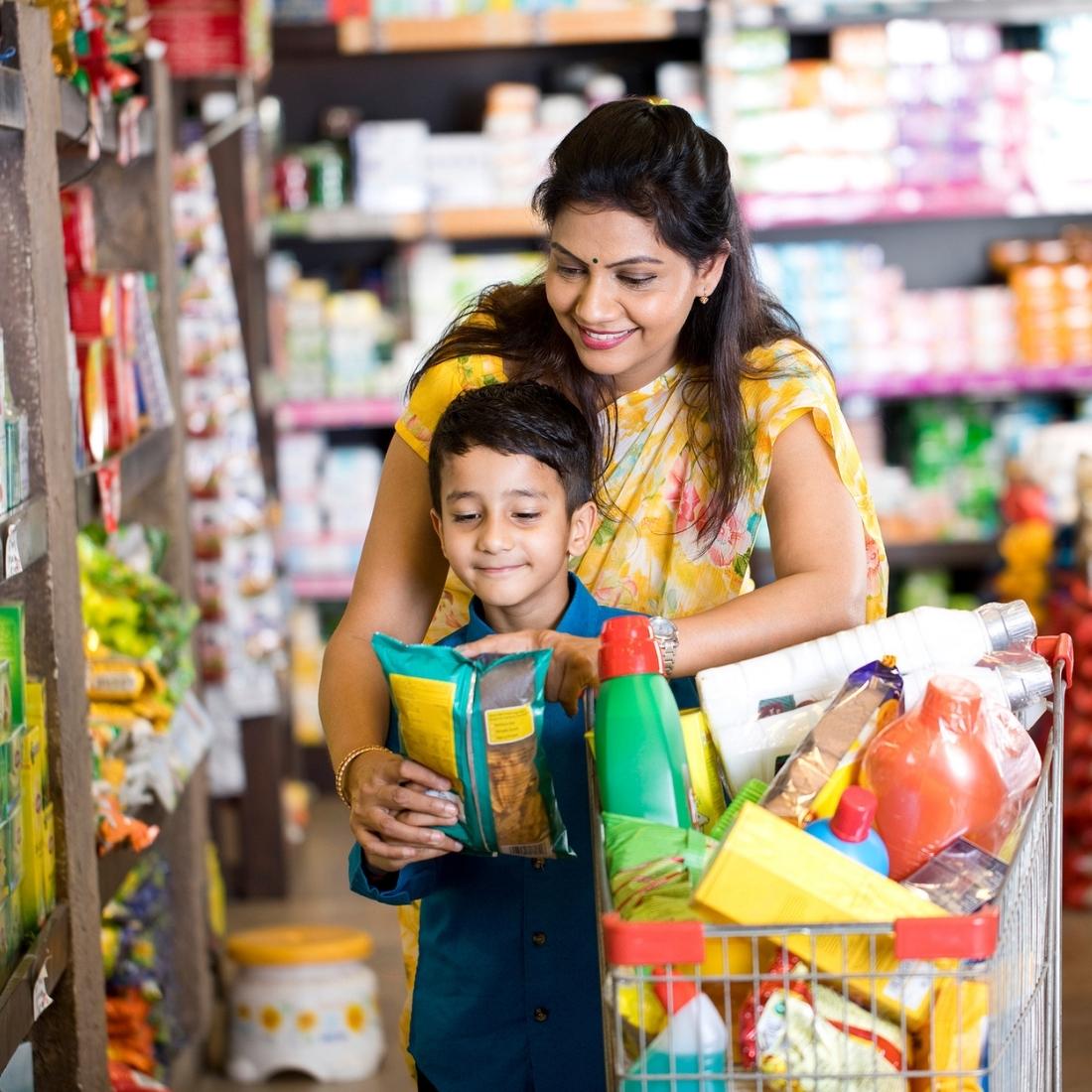
There's a difference between everyday learning and trying to make a learning experience out of everything. Every conversation that involves learning doesn't need to be deliberate and didactic. Find ways to learn naturally and draw examples from life when you are talking about certain subjects with your child.
They're very aware of the stress they're experiencing.
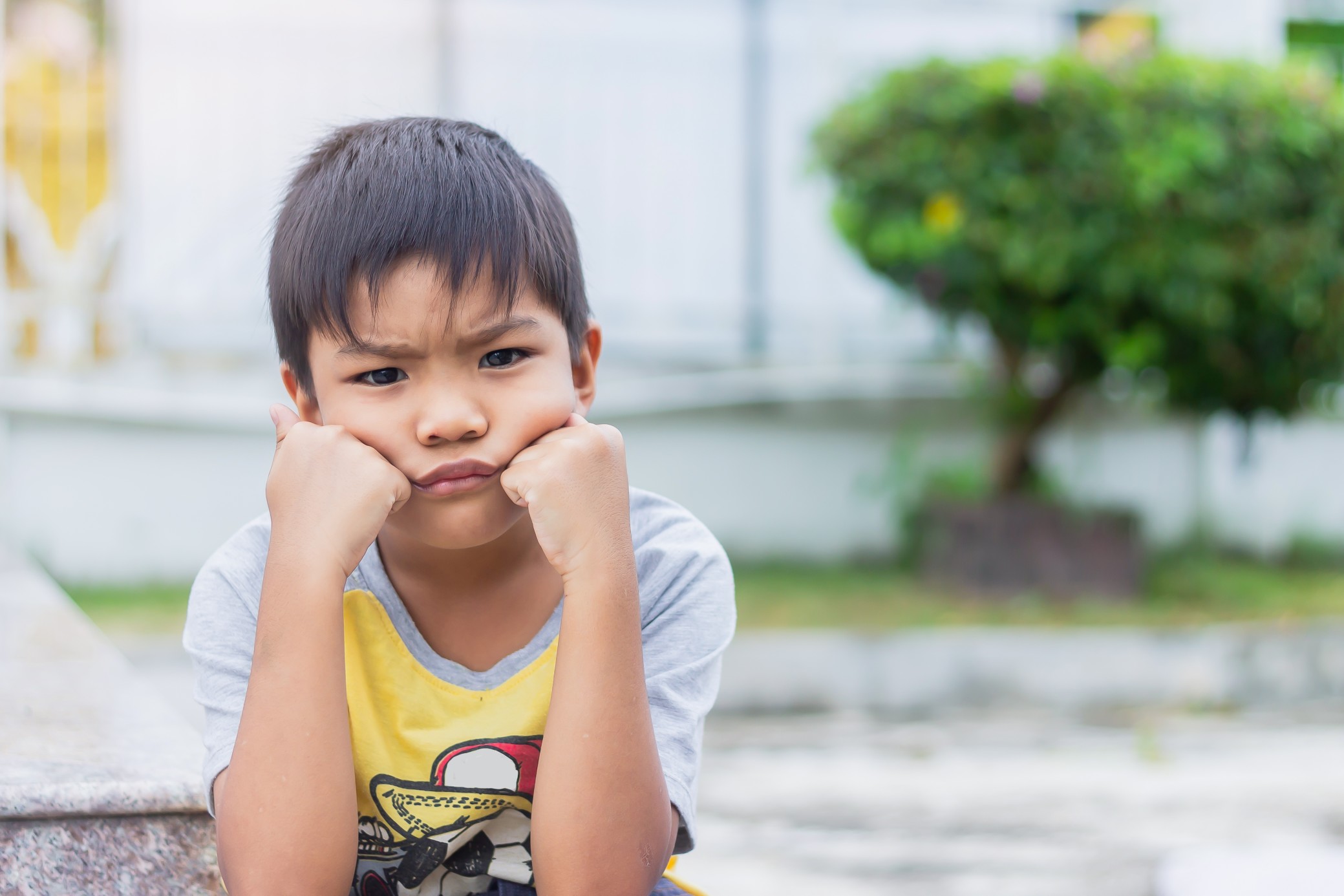
Even if kids can't articulate that what they're feeling is stress, the signs they are feeling it are there. Kids are having trouble sleeping, concentrating, and even overthinking in the wake of all we've tackled in recent years.
Work on teaching and preaching self-care.

The good news is that some kids are old enough and emotionally equipped to talk through these things. For those who aren't, this is the time to build that skill set. These may not be ideal circumstances, but every tool we can arm them with helps them cope with these issues and others that are bound to arise later in life.

